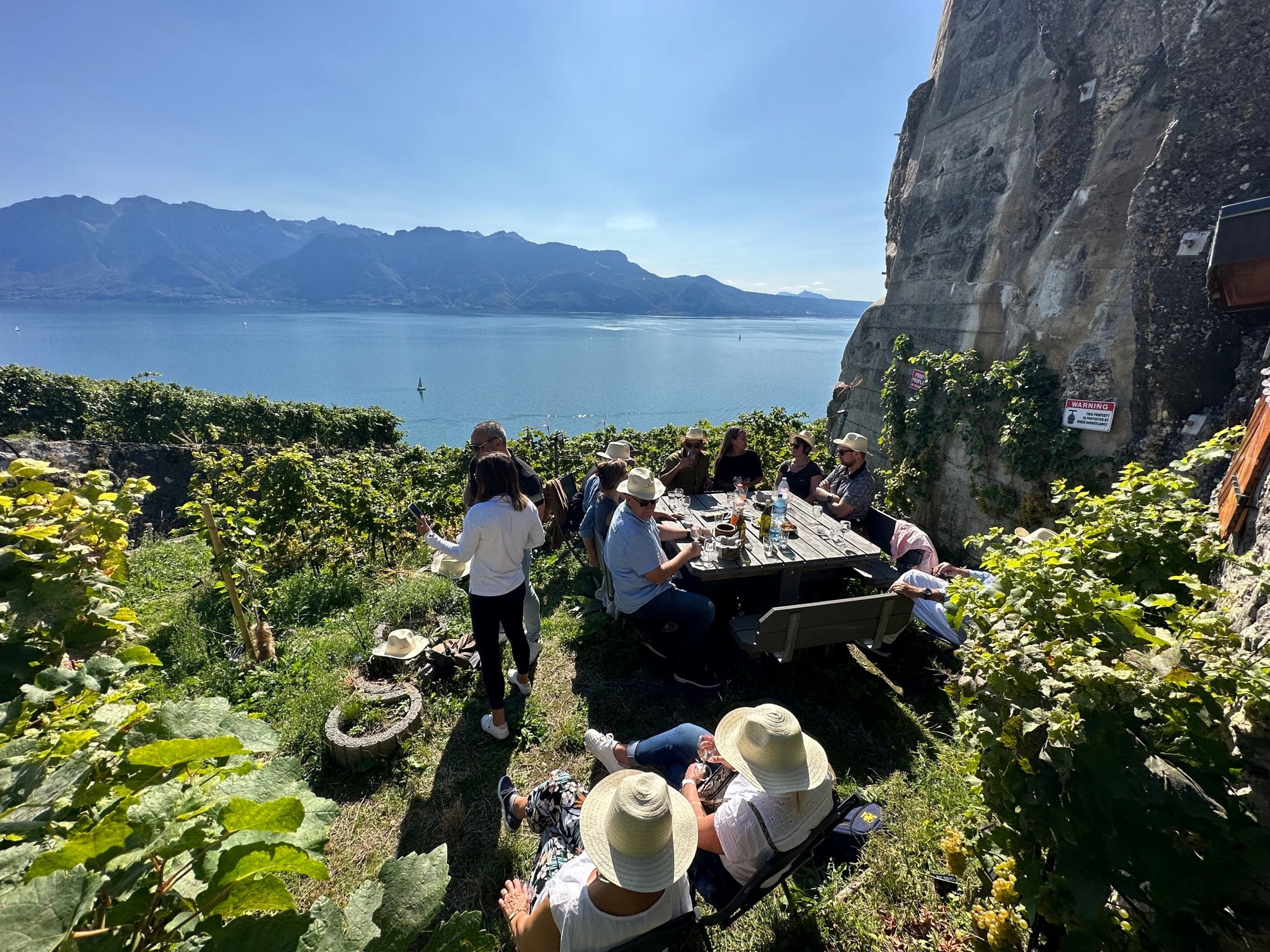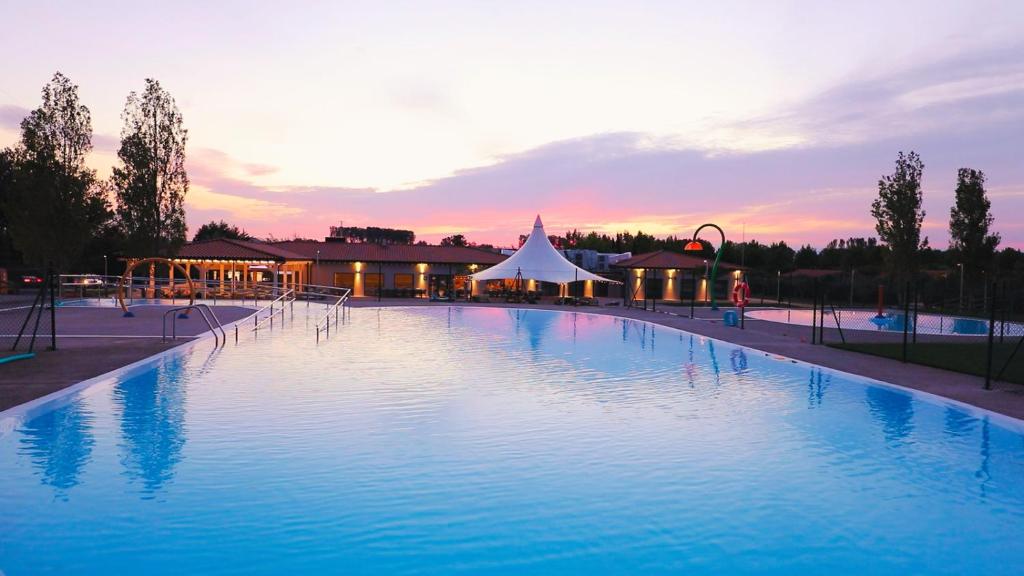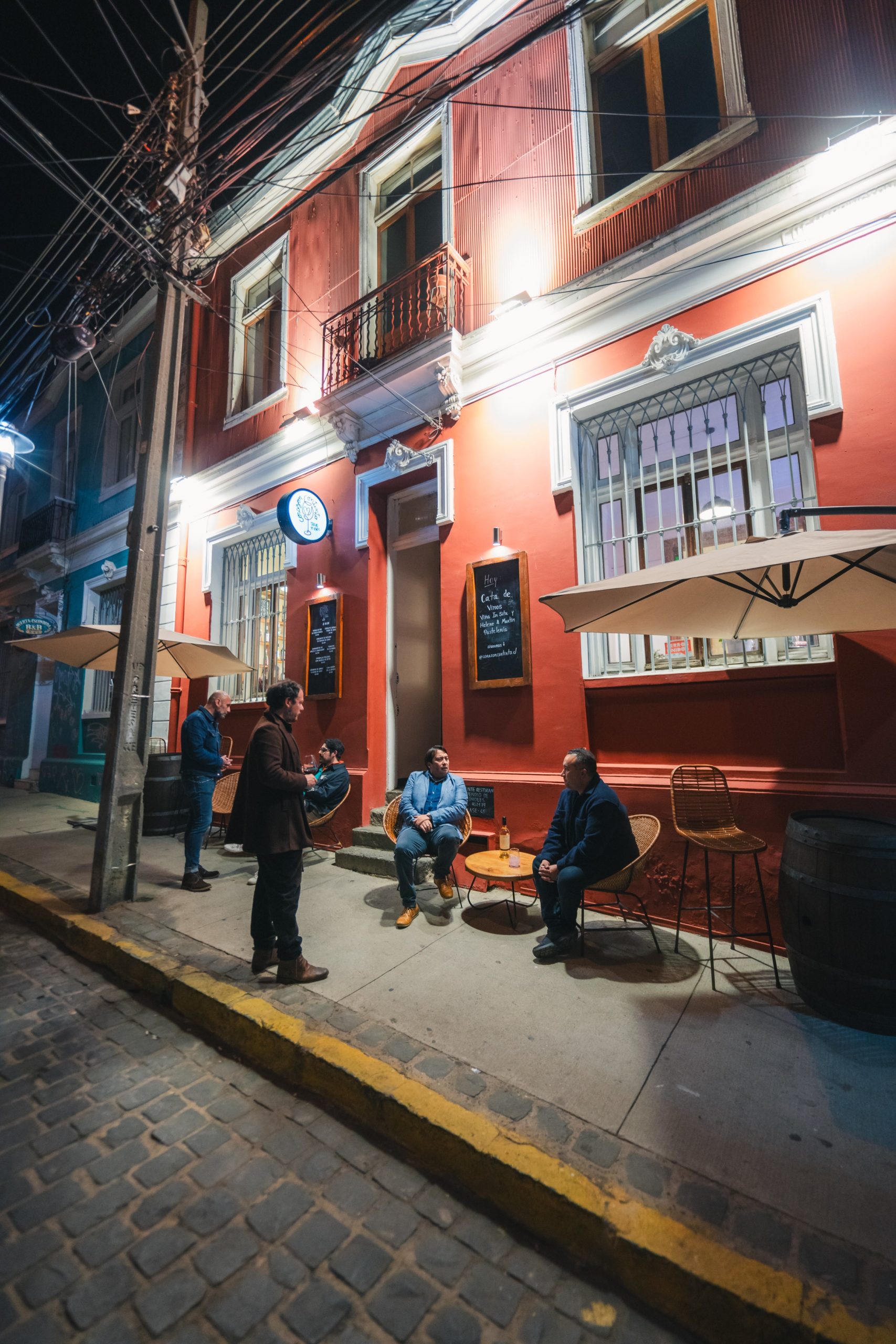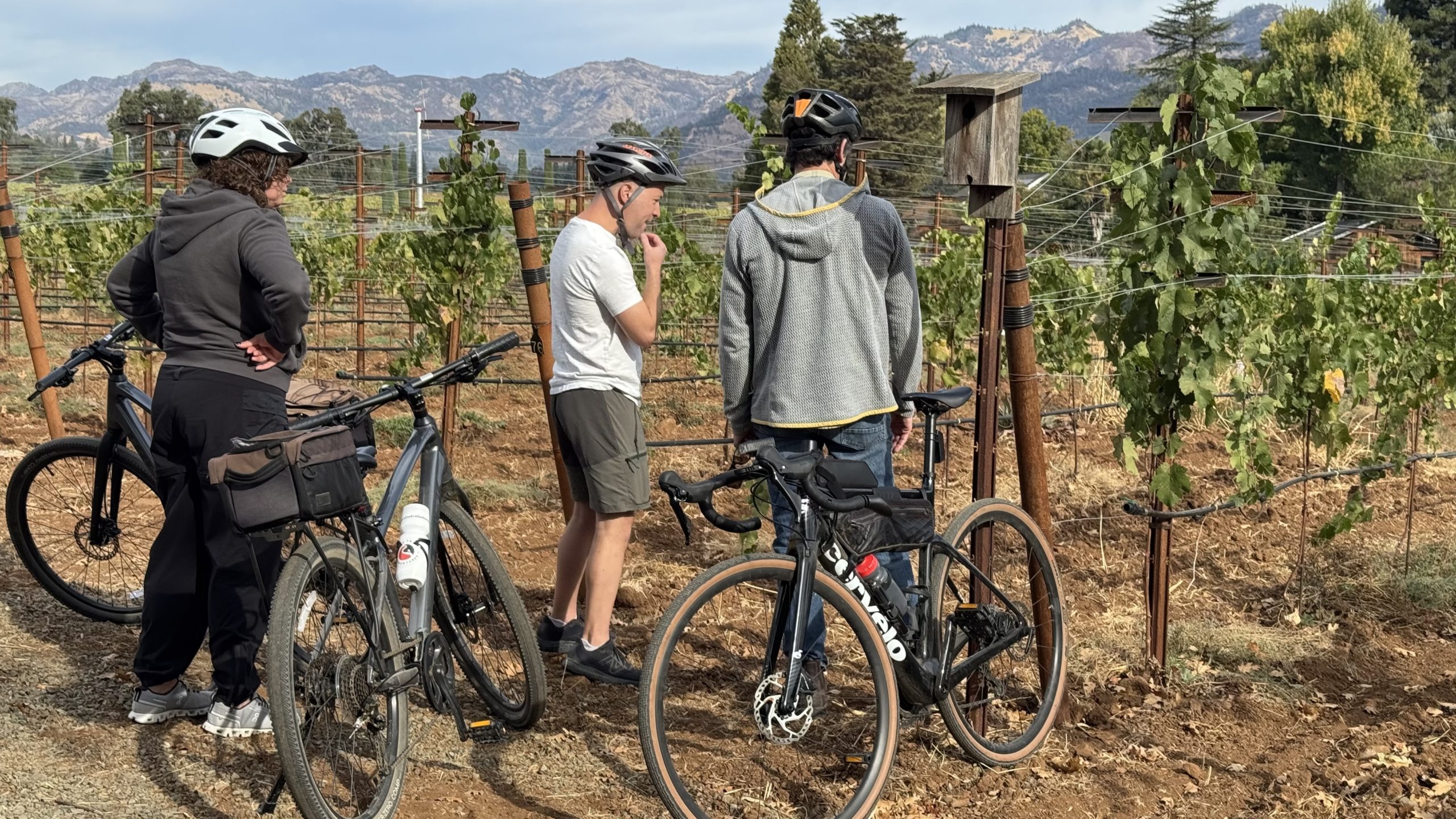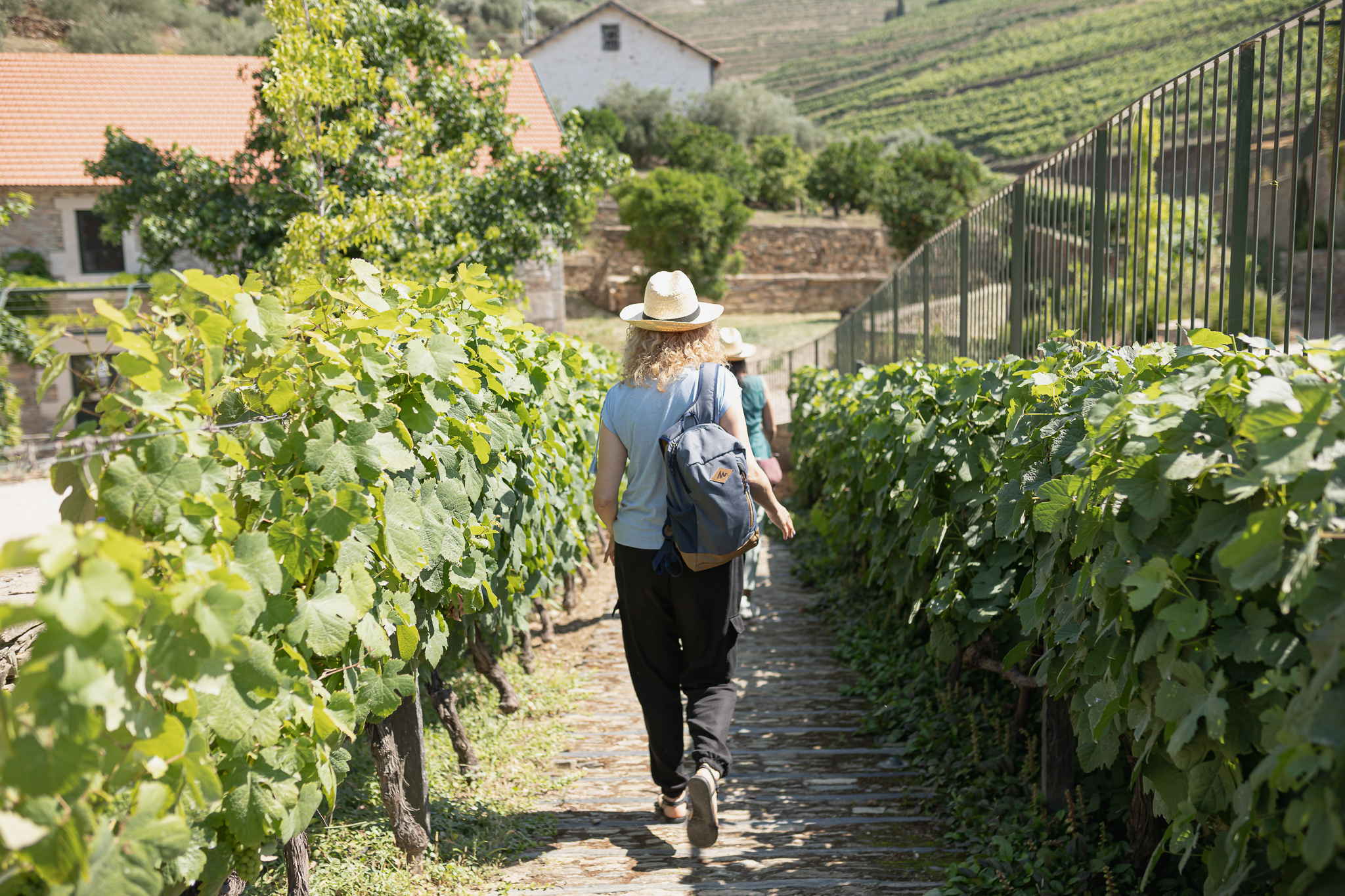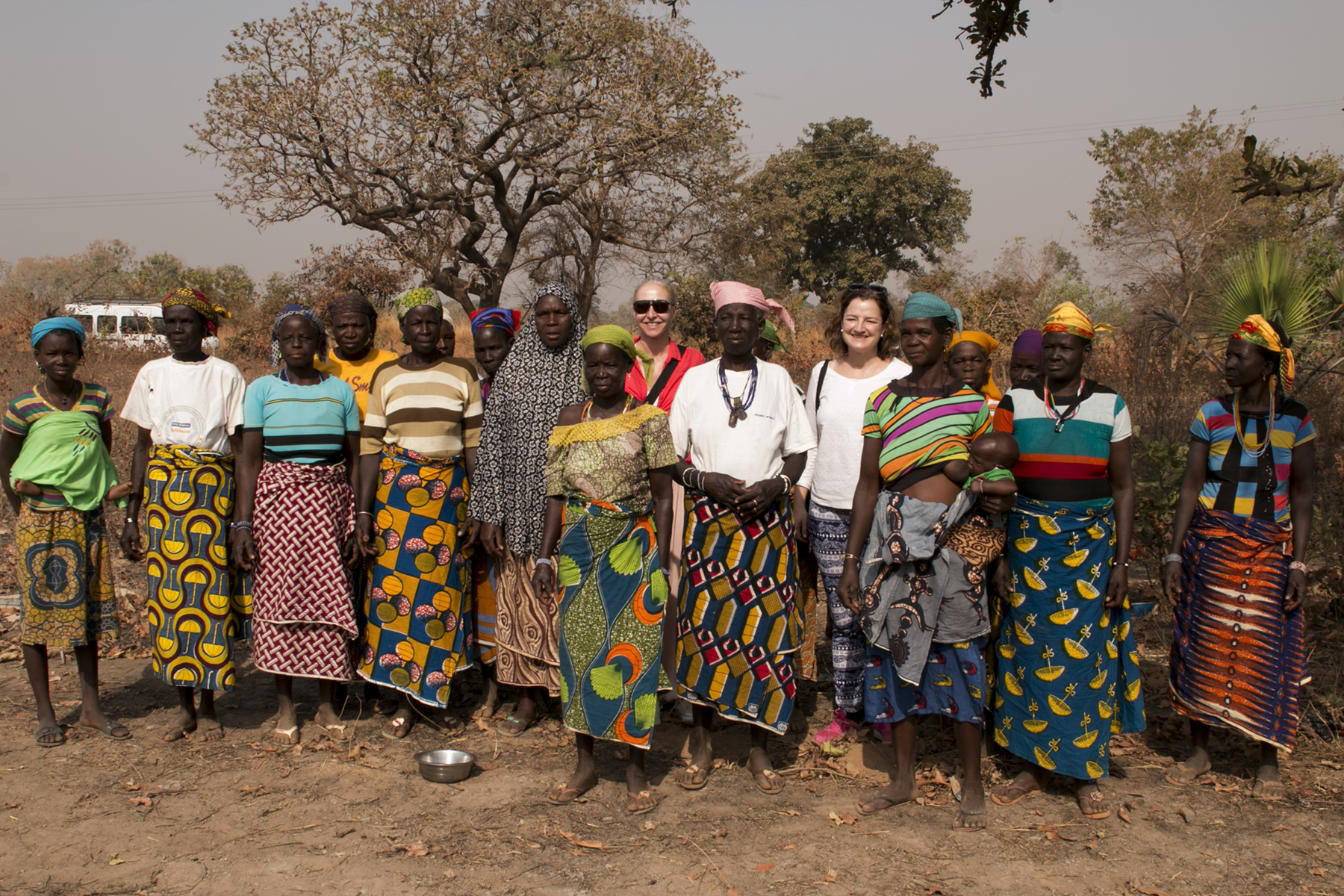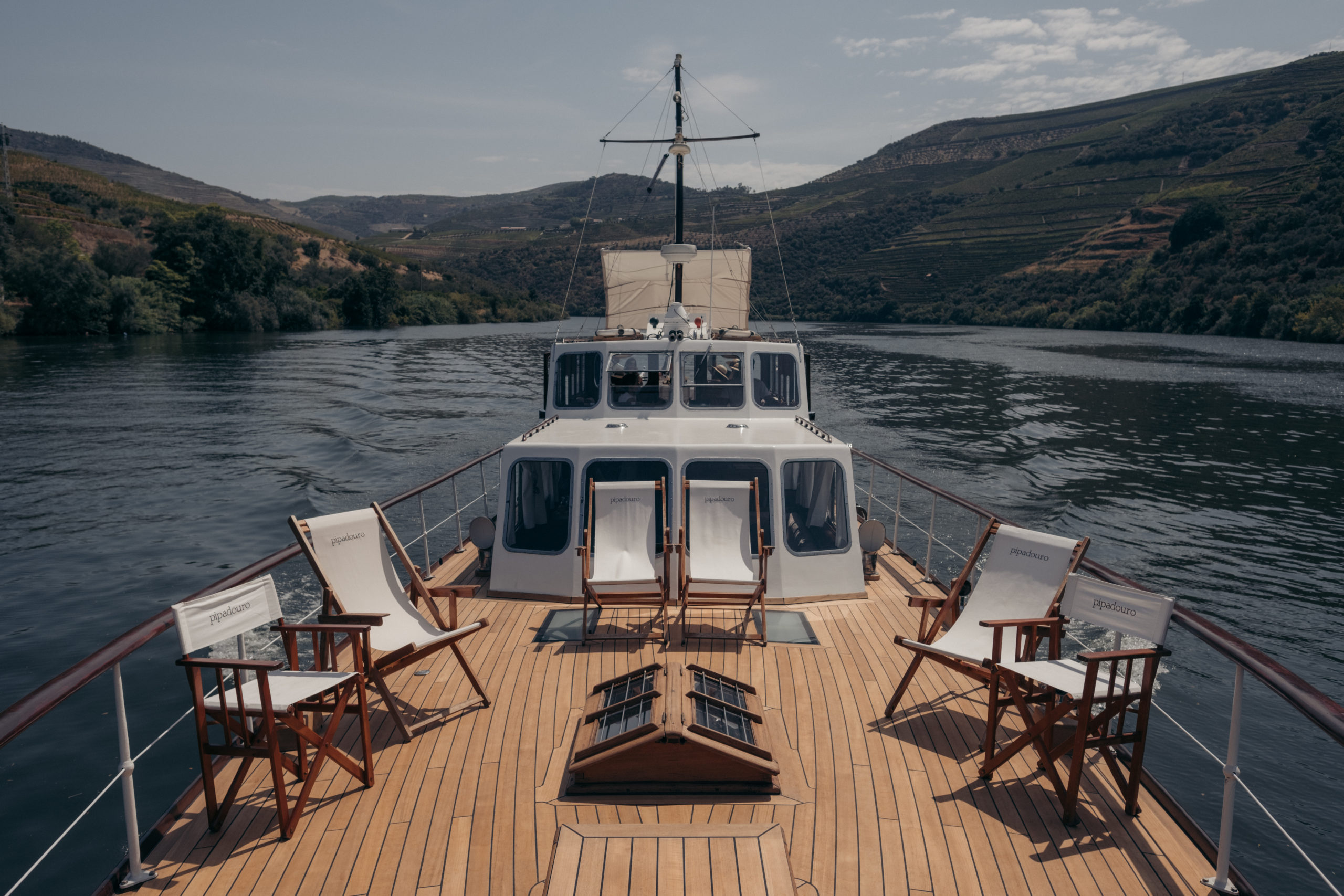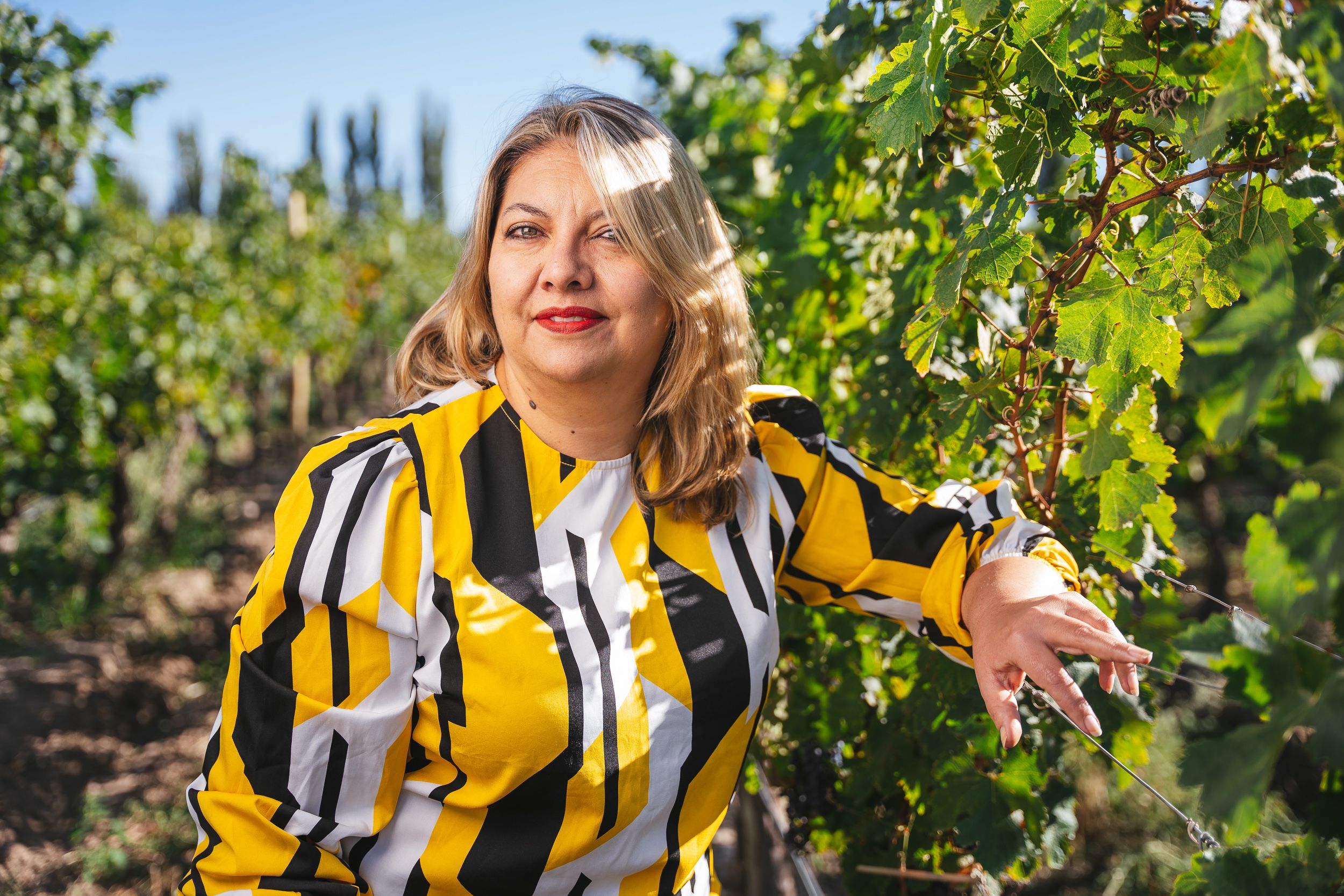The ‘Nuits des Capites’ are a unique experience that will let you discover the Lavaux vineyards under the stars and in a magical atmosphere!
Comfort, Relaxation, Top Food and Wine: Exciting Experiences at Rioja’s Natura Resorts
Discover Natura Resorts in Rioja: comfort villas, gourmet dining at Otium restaurant, exciting wine tourism experiences, and family fun. Winner of the 2025 Best Of Wine Tourism award. Explore accessible accommodations, local gastronomy, and bespoke events!
Corazón Continto: Valparaíso – Casablanca Valley’s Cosmopolitan Wine Center
In Valparaíso, a UNESCO city with Pacific views, Corazón Continto celebrates Chilean wine culture. Offering blind tastings and joyful pairings, this destination highlights exceptional wine and gastronomy within a historically rich setting.
Pasqua Wines celebrates 100 years of history with immersive ‘Ode al Futuro’ exhibition and Vinitaly International Award
Pasqua Wines celebrates its centenary at Vinitaly 2025 with a landmark exhibition and prestigious industry recognition, cementing its century-long legacy of innovation in Italian winemaking.
Olabisi Winery & It’s Innovation
Olabisi Winery just stumbled upon an entirely new way to experience Wine Country in California’s world-famous Napa Valley….
The Chachingo Foundation: Empowering Communities Through Education, Health, and Sustainability
The Chachingo Foundation, based in Mendoza, Argentina, is a beacon of hope and support for those in need. Founded by María Sance and her husband, Alejandro Vigil, owner of Vigil Universe that includes Casa Vigil Winery.
Socially conscious wine projects and community initiatives to give back, in Porto and the surrounding wine regions
As more travelers seek meaningful experiences, socially conscious projects prove that wine can be a force for good, blending social responsibility with winemaking excellence.
Helping the Disadvantaged Is a Satisfying Project for Rioja Wineries
Curious about how the wine industry is giving back? Explore the long-term cooperation projects in DOCa Rioja benefiting disadvantaged individuals.
Pipa Douro: a quintessential luxury experience on the Douro River
Pipa Douro offers an unrivaled way to experience the Douro River, in style, comfort and exclusivity.
Great Wine Capitals Launches New E-Book Showcasing Global Excellence in Wine Tourism
The Great Wine Capitals Global Network is proud to announce the launch of GWC e-book, a digital publication that brings together stories of innovation, sustainability, and excellence in wine tourism from across its member cities.
Introducing a New Voice in Fine Wine, Luxury & Global Terroir
Great Wine Capitals is delighted to welcome María Laura Ortiz Chiavetta as a new content contributor to the Network.
Community and conservation – Bordeaux
The Best Of Wine Tourism awards are pioneers of sustainable wine tourism, from the start, shining a light on producers who not only undertake sustainable initiatives but also share them with visitors, the local community and other producers.
